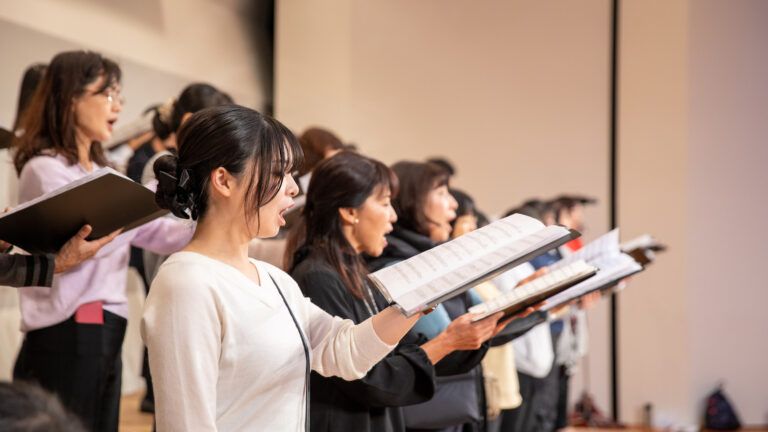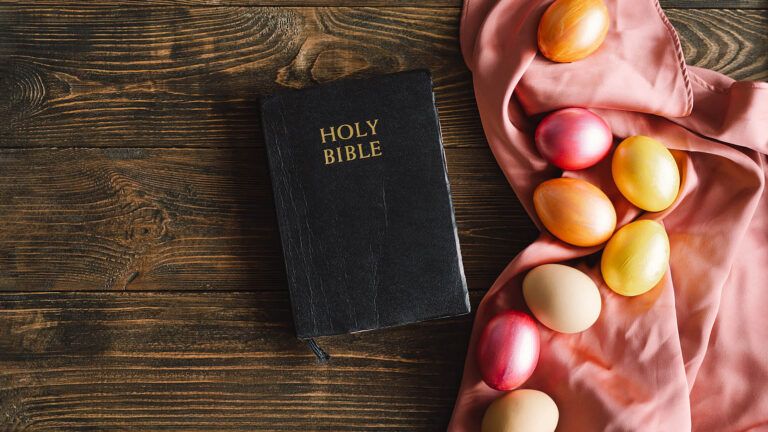Have you ever prayed a poem? I have, often. It’s one of my favorite ways to pray.
It started long ago. As a teenage follower of Jesus, I felt inadequate to articulate the things that were in my heart. My prayer vocabulary was poor. Then one day (in church, probably) it dawned on me that hymns could be not only sung but also spoken. So, I began to employ the poetry of Isaac Watts, Charles Wesley, Fanny Crosby, and others as a sort of private diary of prayer. My well-worn hymnal has since bracketed and buttressed my prayers like no other book except the Bible (oddly, it was years later that I began praying the Bible—and the poetry of the Psalms in particular—in much the same way I’d been using the hymnal).
Not all hymns are prayers, of course. Some teach, some testify, some inspire. But many are prayers written as poetry: “Have Thine Own Way,” “Great Is Thy Faithfulness,” “O Love That Wilt Not Let Me Go,” “Take My Life and Let It Be,” and many others. I also pray poetically by speaking or singing many of today’s worship songs—and even verses or lines from popular music, such as Bruce Cockburn’s “Lord of the Starfields” and Todd Rundgren’s “Love is the Answer.”
Many of my favorite poets have given me beautiful words to pray, in rhyme, blank verse, and free verse.
For example, I’ve lifted many lines from William Shakespeare’s for my own prayers over the years, such as Prospero’s epilogue from The Tempest, which I sometimes pray when starting a new project: “Gentle breath of yours my sails / Must fill, or else my project fails.” Or Henry V’s prayer, “How thou pleasest, God, dispose the day!” Or the first lines of Sonnet 39 (adapted by me to address to God, of course):
O how thy worth with manners may I sing,
When thou art all the better part of me?
What can mine own praise to mine own self bring?
And what is but mine own when I praise thee?
Other poets inspire and infuse my prayer times. Lines from Mary Oliver’s poems “Look and See,” “The Trees,” and “Mysteries, Yes,” are among my favorite prayers. I revisit Robert Frost’s “Oh, give us pleasure in the flowers today” every spring, as well as his delightful lines from “Cluster of Faith”:
Forgive, O Lord, my little jokes on Thee,
And I’ll forgive Thy great big one on me.
Many of my favorite poets are favorites because their poems are often prayers: Gerard Manley Hopkins, Christina Rossetti, Walter Brueggemann, Malcolm Guite (especially his David’s Crown: Sounding the Psalms), and Wendell Berry.
And, though I can’t lay claim to being a poet myself, I’ve sometimes prayed my own lines—writing and praying new words to a well-known hymn tune or riffing off new lines inspired by someone else’s, like so:
Lord of honeysuckle,
Lord of melons,
Lord of sweetness,
Lord of starfire,
Lord of wheatfield,
Lord of desert,
Lord of plenty,
Lord of want,
Lord of mystery,
Lord of me,
have mercy,
Lord, have mercy.
(Suggested by Mary Oliver. The first two lines are phrases used in separate poems in her collection, Thirst.)
Why not try it? Pray a poem. Yours, or someone else’s. Speak it or sing it, whichever works best for you.





